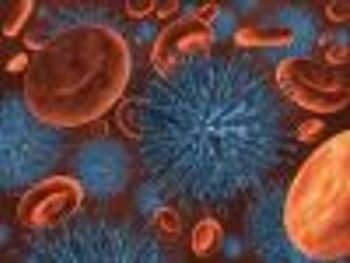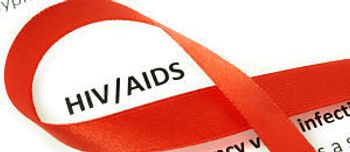
Clinical pharmacists have proven talents when it comes to managing patients who have diabetes.

Clinical pharmacists have proven talents when it comes to managing patients who have diabetes.

Pharmacists who are unfamiliar with either the principles of infectious disease or HIV may miss errors.


Patients with chronic kidney disease are at risk for several comorbid conditions, including cardiovascular disease.

Patients who develop chronic kidney disease (CKD) are at risk for a number of comorbidities, including cardiovascular decline.

One barrier to treatment has been determining if the patient actually has influenza, and how long he or she has had it.

Concerns persist that excess folic acid supplementation may cause asthma in young children.

Recently, experimental animal interventions have suggested that folic acid intake that exceeds the recommended dose may increase risk of respiratory disease in offspring.

As HIV becomes a disease of older Americans, health care professionals need to monitor the age-associated comorbidities among this population.

As HIV becomes a disease of older Americans, it is time for all health care professionals to recognize the age-associated comorbidities unique to this population.

Dietary supplement use among Americans who are 60 and or older is widespread.

The 2017-2018 influenza immunization season is right around the corner, and we need to ensure that community pharmacies across are prepared for the influx of patients.

In a survey of 512 people, 15.2% said they believed that adults do not need to be vaccinated.

Many researchers are interested in looking at FDA-approved drugs that could potentially be repositioned for use in cancer treatment.

Traditionally contraindicated in individuals with HIV, thalidomide has utility in aphthous ulcers, gastrointestinal lesions, Kaposi sarcoma, and other HIV-associated developments.

In recent years, thalidomide and similar molecular entities have reentered the clinical milieu and have been approved for several indications.

The journal Cancer Chemotherapy and Pharmacology has published a review article that discusses repositioning of proton pump inhibitors (PPIs) in cancer treatment.

Pharmacists need to understand natural health products so that they can counsel patients, answer questions, and advise patients about potential drug interactions.

With tremendous advancements related to hepatitis B treatment in the last few years, the other types of hepatitis viruses are often overlooked.

Annually, the Journal of Pharmacy Practice publishes a list of the most significant publications covering infectious disease pharmacotherapy from the previous year.

Respiratory diseases, such as asthma and chronic obstructive pulmonary disease (COPD), affect more than 30 million American adults.

Riboflavin deficiency inflames the intestinal mucous membranes and disturbs carbohydrate, protein, and fat metabolism.

Researchers are continuing to pursue cost-effective ways to serve patients with diabetes efficiently.

The B vitamins are a group of related vitamins that maintain cell health and provide energy.

Health care professionals interested in improving outcomes for patients who have diabetes may find an article published in the September issue of Current Diabetes Report interesting.

The most critical thing for pharmacists to remember is that the opioid abuse problem is multifaceted.

Younger patients with HIV have competing needs that distract them from fully engaging in care.

Adolescents and young adults aged 13 to 24 years old are particularly vulnerable to HIV infection, representing 21% of newly infected individuals in most recent data.

Pharmacists can use innovative approaches to increase the provision of clinical services in medical homes.

The results of a new study published in the Journal of International Medical Research show how pharmacists can use innovative approaches to increase the provision of clinical services in the context of established medical home models.